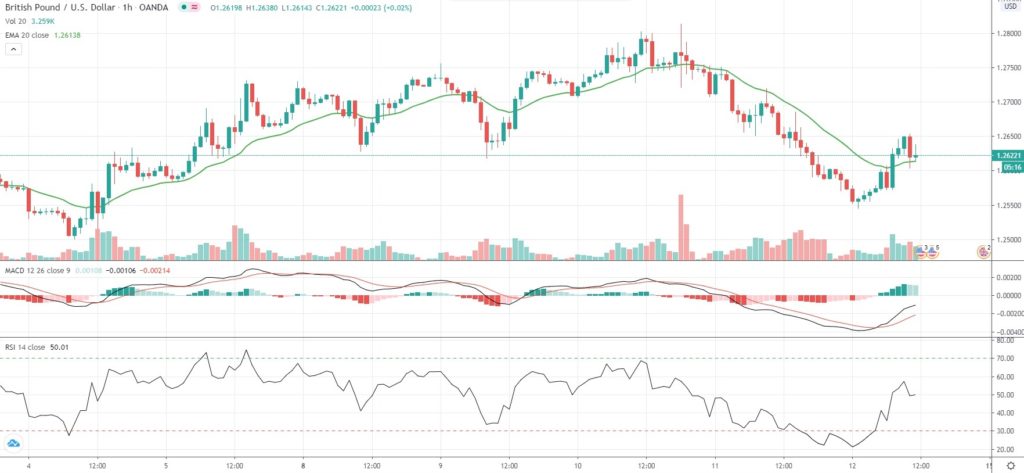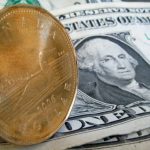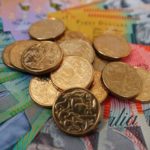Having touched a one-week low during early Asian trade on Friday, GBP/USD managed to recoup a portion of those losses during the European session, despite bleak macro data released from the UK earlier in the day. Still, the major pair looked set to snap a three-week streak of gains, being down 0.35% so far this week.
Earlier Friday the Office for National Statistics reported that UK’s industrial production had shrunk at a monthly rate of 20.3% in April, or the steepest on record, while UK’s Gross Domestic Product had decreased 20.4% in April, also at a record monthly rate, amid strict lockdown measures.
In response to latest data, UK Chancellor Rishi Sunak said that the economy was in good position for a quick recovery, supported by initiatives such as the Coronavirus Jobs Retention (CJRS) and the Self-Employment Income Support Schemes (SEISS).
“The lifelines we’ve provided with our furlough scheme, grants, loans and tax cuts have protected thousands of businesses and millions of jobs – giving us the best chance of recovering quickly as the economy reopens,” Sunak said. “We’ve set out our plan to gradually and safely reopen the economy. Next week, more shops on the High Street will be able to open again as we start to get our lives a little bit more back to normal.”
Up until May 31st, under the CJRS, over 6.4 million jobs were effectively saved in England, while over 628,000 jobs were furloughed in Scotland and 316,500 jobs in Wales.
Still, however, some analysts remain skeptical.
In an investor note, asset management firm Candriam Investors Group said it maintained a rather negative outlook for the UK, given how it had been managing the coronavirus crisis and the fact very little progress had been made in trade deal talks with the European Union.
“This all alongside a massive fiscal deficit, inflated debt to GDP and a current account deficit which requires financing. As a result we maintain a short on GBP as we expect further depreciation,” the firm said.
As of 11:53 GMT on Friday GBP/USD was edging up 0.18% to trade at 1.2624, after touching an intraday low of 1.2545 during early Asian session, or a level not seen since June 4th (1.2501).
In terms of economic calendar, the monthly survey by Thomson Reuters and the University of Michigan may show that consumer confidence in the United States continued to improve in June. The preliminary reading of the consumer sentiment index probably rose to 75.0 in June from a final 72.3 in May. Last month, the sub-index of current economic conditions was revised down to 82.3 from a preliminary 83.0, while the sub-index of consumer expectations was revised down to 65.9 from a preliminary 67.7. The preliminary report is due out at 14:00 GMT.
Bond Yield Spread
The spread between 2-year US and 2-year UK bond yields, which reflects the flow of funds in a short term, equaled 24.0 basis points (0.240%) as of 10:15 GMT on Friday, down from 27.3 basis points on June 11th.
Daily Pivot Levels (traditional method of calculation)
Central Pivot – 1.2648
R1 – 1.2709
R2 – 1.2816
R3 – 1.2877
R4 – 1.2938
S1 – 1.2541
S2 – 1.2480
S3 – 1.2373
S4 – 1.2266






